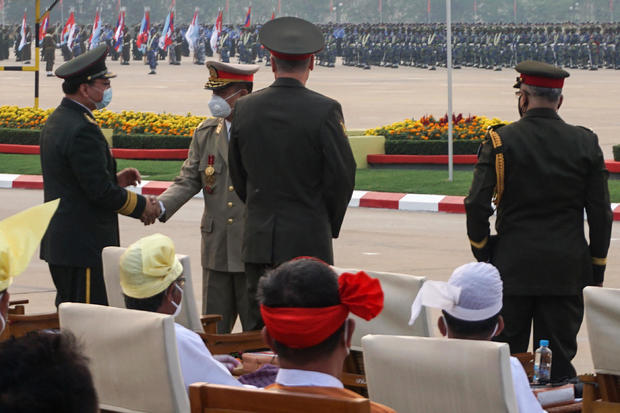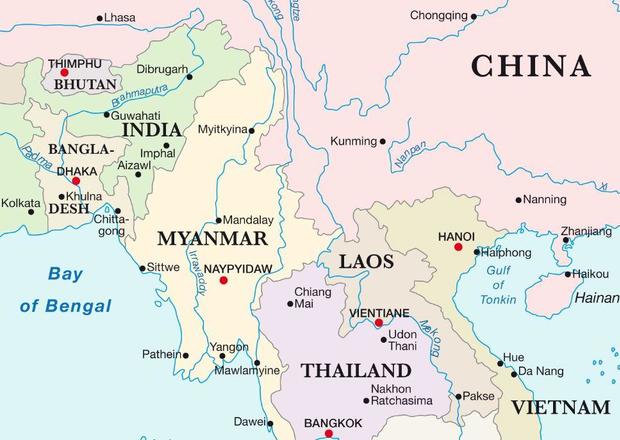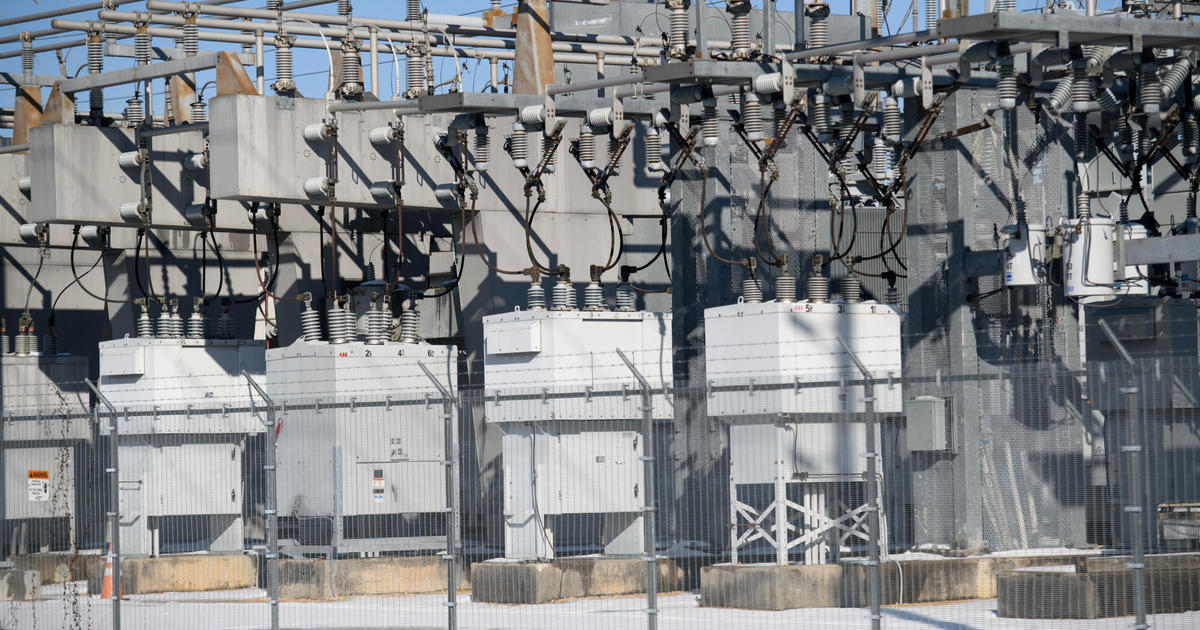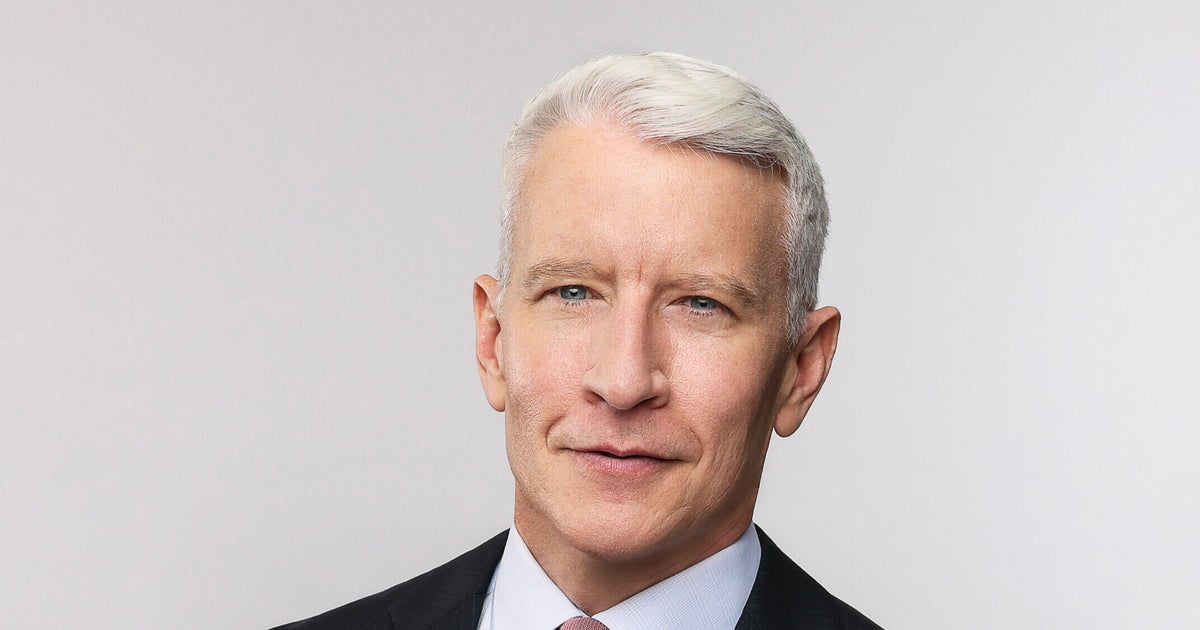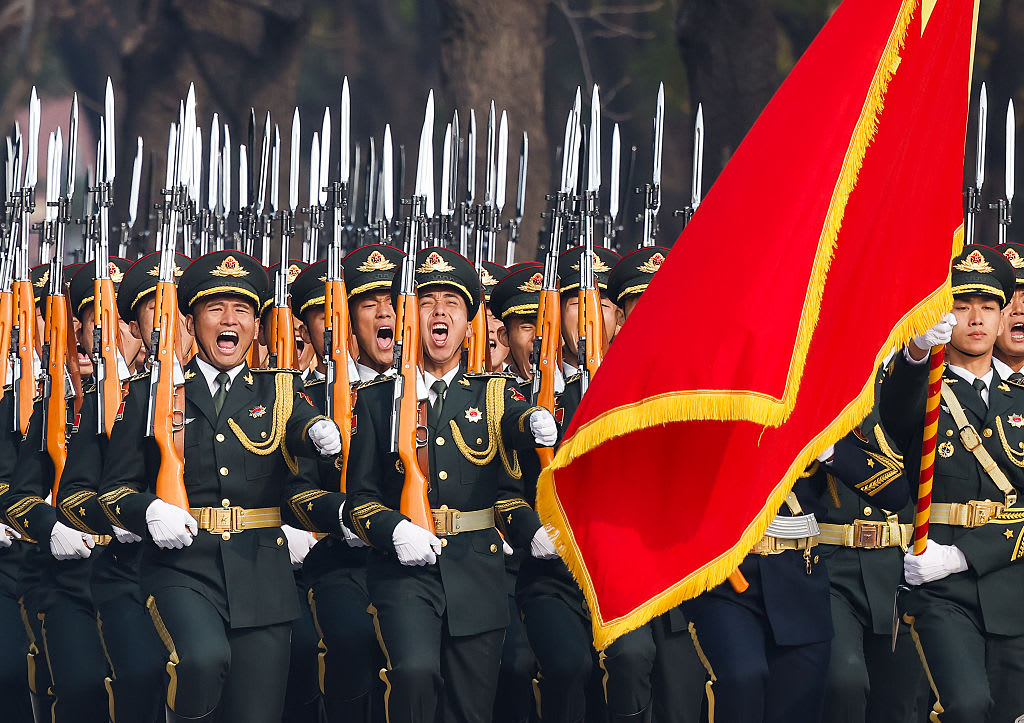Myanmar killing continues as U.S. suspends all trade following bloodiest weekend since coup
Thousands of people have reportedly fled across the border from Myanmar into neighboring Thailand after the bloodiest weekend the country has seen since the February 1 military coup. The U.S. and other countries have condemned the military junta running Myanmar, with the Biden administration announcing a suspension of trade on Monday, but the generals appear undeterred, likely bolstered by continued backing from Russia and China.
As Myanmar's commanders celebrated the country's annual Armed Forces Day with a parade of military hardware — joined by senior officials from Moscow and Beijing — they declared open season on the country's civilians.
As CBS News correspondent Lucy Craft reports, even schoolchildren have been killed in their own homes in the frenzy of state-sponsored violence unleashed in a bid to quell weeks of civil disobedience.
But the huge protests have continued, with thousands taking to the streets of Myanmar's biggest cities of Mandalay and Yangon and dozens smaller towns across the country to protest the military's arrest of civilian leader Aung San Suu Kyi and its total seizure of power.
Activists and monitoring groups have said at least 114 civilians were killed on Saturday alone, with thousands more taken into custody. Among the dead in the weekend carnage was 11-year-old Aye Myat Thu, whose family wailed as she was buried along with one of her drawings and her toys.
On Monday activists and witnesses said at least three more people were killed amid news protests in Yangon. Witness Thiha Soe told the Reuters news agency that one man was "shot in the head" as security forces opened fire, "shooting at everything on the road, even a Red Cross team." The Red Cross told Reuters it was checking the report.
Another witness said security forces were using grenades in one Yangon neighborhood to clear street barricades set up by the demonstrators.
The activist group Assistance Association for Political Prisoners, based in neighboring Thailand, said on Monday that at least 462 civilians had been killed since the generals seized control of the country, arresting Suu Kyi and other civilian leaders at the beginning of February.
Despite the carnage, junta leader General Min Aung Hlaing was seen enjoying a gala dinner over the weekend as President Joe Biden joined a list of foreign leaders to issue a joint condemnation of the brutal crackdown.
Mounting pressure
"It's terrible. It's absolutely outrageous," Mr. Biden said of the killings in Myanmar, which is also sometimes known as Burma. "People killed totally unnecessarily."
Secretary of State Antony Blinken said in a tweet on Saturday that the U.S. stood "horrified by the bloodshed perpetrated by Burmese security forces, showing that the junta will sacrifice the lives of the people to serve the few."
On Monday, U.S. Trade Representative Katherine Tai announced the suspension of all U.S. trade with Myanmar under a pact signed with the government in 2013, adding that the measure would "remain in effect until the return of a democratically elected government."
"The United States supports the people of Burma in their efforts to restore a democratically elected government, which has been the foundation of Burma's economic growth and reform," Tai said in the statement. "The United States strongly condemns the Burmese security forces' brutal violence against civilians. The killing of peaceful protestors, students, workers, labor leaders, medics, and children has shocked the conscience of the international community. These actions are a direct assault on the country's transition to democracy and the efforts of the Burmese people to achieve a peaceful and prosperous future."
Japan's Foreign Minister Toshimitsu Motegi said over the weekend that "the use of live ammunition against peaceful protests can never be tolerated," while the United Nations Special Rapporteur for Myanmar, Tom Andrews, accused the junta of carrying out "mass murder" and urged the world to isolate the generals and block their access to weapons.
Human Rights Watch researcher Manny Maung said some of the soldiers might actually see themselves as victims.
"Quite frankly, they are brainwashed," she said. "What's going on in their minds is they're not doing anything wrong."
With both sides unlikely to back down, observers fear more bloodshed is inevitable.
